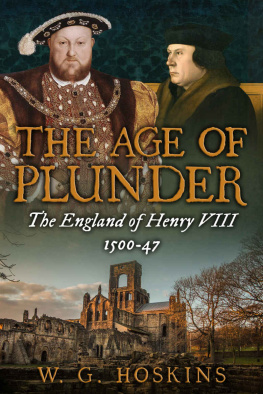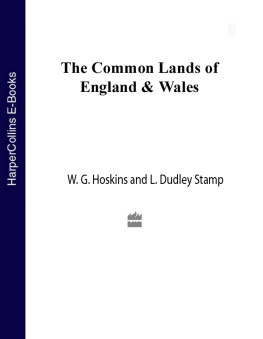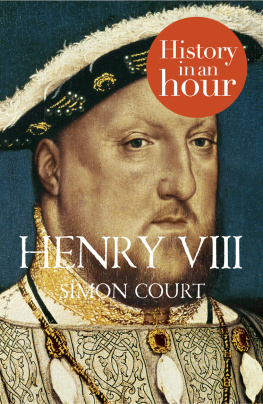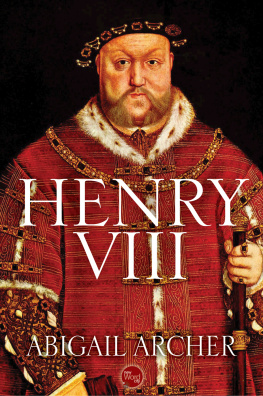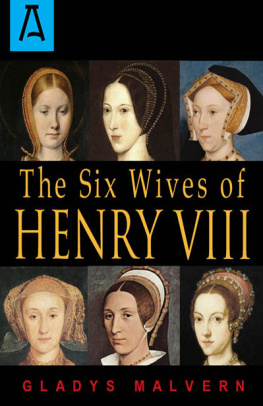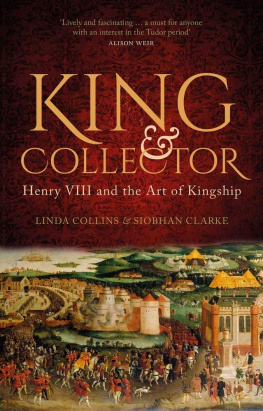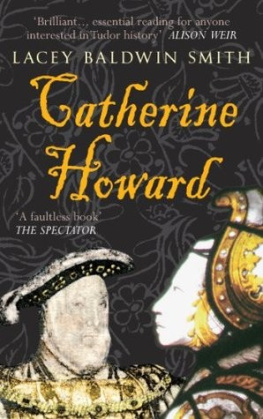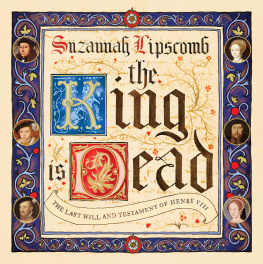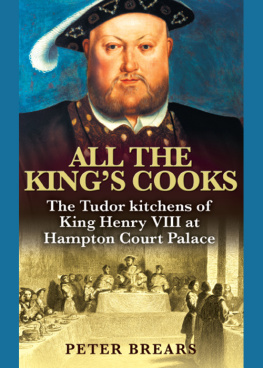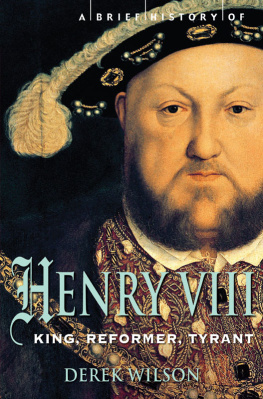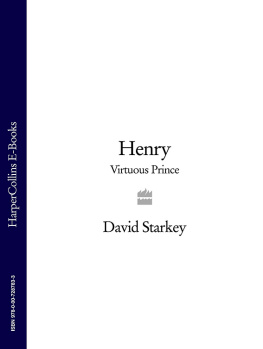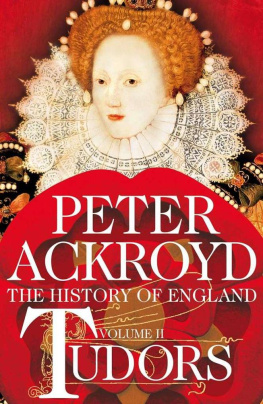W. G. Hoskins - The Age of Plunder: The England of Henry VIII, 1500-47
Here you can read online W. G. Hoskins - The Age of Plunder: The England of Henry VIII, 1500-47 full text of the book (entire story) in english for free. Download pdf and epub, get meaning, cover and reviews about this ebook. year: 2020, publisher: Sapere Books, genre: Art. Description of the work, (preface) as well as reviews are available. Best literature library LitArk.com created for fans of good reading and offers a wide selection of genres:
Romance novel
Science fiction
Adventure
Detective
Science
History
Home and family
Prose
Art
Politics
Computer
Non-fiction
Religion
Business
Children
Humor
Choose a favorite category and find really read worthwhile books. Enjoy immersion in the world of imagination, feel the emotions of the characters or learn something new for yourself, make an fascinating discovery.
- Book:The Age of Plunder: The England of Henry VIII, 1500-47
- Author:
- Publisher:Sapere Books
- Genre:
- Year:2020
- Rating:5 / 5
- Favourites:Add to favourites
- Your mark:
- 100
- 1
- 2
- 3
- 4
- 5
The Age of Plunder: The England of Henry VIII, 1500-47: summary, description and annotation
We offer to read an annotation, description, summary or preface (depends on what the author of the book "The Age of Plunder: The England of Henry VIII, 1500-47" wrote himself). If you haven't found the necessary information about the book — write in the comments, we will try to find it.
The Age of Plunder: The England of Henry VIII, 1500-47 — read online for free the complete book (whole text) full work
Below is the text of the book, divided by pages. System saving the place of the last page read, allows you to conveniently read the book "The Age of Plunder: The England of Henry VIII, 1500-47" online for free, without having to search again every time where you left off. Put a bookmark, and you can go to the page where you finished reading at any time.
Font size:
Interval:
Bookmark:
THE AGE OF PLUNDER
The England of Henry VIII
1500-1547
W. G. Hoskins

Table of Contents
So God help me, I can perceive nothing but a certain conspiracy of rich men procuring their own commodities under the name and title of a Commonwealth.
Sir Thomas More: Utopia
We, which talk much of Christ and His Holy Word, have I fear me, used a much contrary way; for we leave fishing for men and fish again in the tempestuous seas of this world for gain and wicked mammon.
Sir William Petre, in a letter to Sir William Cecil
Preface
Few dates in English economic history can compare with that of the death of Henry VIII in 1547. It was the end of an age in more ways than one, with the brief and pathetic aftermath of Edward VIs reign before the outburst of the Elizabethan Age.
It is curious that the social and economic history of Henrys reign has never before been studied as a whole. The immense literature of his reign has been mainly concerned with Henrys marital and political disasters and his religious manoeuvrings; but on the social and economic side nearly every important book and essay begins at 1540, an odd date in many ways which is mainly attributable to the great Tawney, though he never intended it so. Thus Henrys reign, all but the last seven years, has been relatively neglected. Yet it is Tawneys magisterial work, The Agrarian Problem in the Sixteenth Century , published in 1912, that stands as the one great exception to this statement.
The choice of the title The Age of Plunder may seem to call for some explanation. In one sense the whole of English history, certainly since 1066, has been a history of plunder by the governing class and its officials and other hangers-on. The Norman Conquest was itself a plunder of the whole country by adventurers from across the Channel and resulted in the almost complete turnover of landed property in the country from English to foreign landlords. The sixteenth century was the greatest act of plunder since that time, carried out by the native governing class: it produced the biggest changeover in land-ownership for nearly five hundred years, mainly arising from the systematic plunder of the Church at all levels and later the plunder of the Crown itself by the magnates of the realm.
It is difficult to define plunder, and even more so the word corruption. Some historians, especially biographers of Tudor notabilities, naively conclude that it scarcely existed since absolute proof is rarely to be found. The problems of definition have best been stated by Professor Joel Hurstfield in his Freedom , Corruption , and Government in Elizabethan England (1973) and I do not propose to traverse the same ground. Corruption had always existed in the background: years before the open plunder of the Church in the 1530s that great man whose life redeems the squalid reign of Henry VIII, had already observed in his Utopia : So God help me, I can perceive nothing but a certain conspiracy of rich men procuring their own commodities under the name and title of a Commonwealth. Thomas More wrote this when he was well under forty years old, and some twenty years before the naked plunder of the monasteries, where there was little or no attempt at concealment. But he was well acquainted with the inner workings of the City of London and the private conversational schemings of its rich men. His father had been an eminent judge, and he himself was a brilliant lawyer in his twenties. He moved in high legal and other circles and knew how they worked, whatever the public smokescreen might conceal. More put his finger on the heart of the matter well before the populace at large could see the plunder openly at work, the rich enriching themselves regardless of the common weal. So it is today.
The sixteenth century, then, was a century of more or less open plunder of the resources of the State, more open in the reigns of Henry VIII and Edward VI, less so under Elizabeth. But it never ceased. Most monarchs were aware of it and did little about it provided it was kept within a small circle. There has been no lack of apologists for this enrichment of the rich at the expense of the rest of the community. I have read them all and am not impressed by the argument. The most common defence is that the historian must not judge the doings of those in power, the Establishment, in the sixteenth century by the standards of the twentieth. I do not accept this argument. The plunderers under Henry VIII well knew what they were doing. It was the naked use of power.
History is written almost invariably from the standpoint of the socially dominant class, just as one of the prizes of military victory is the privilege of writing the military history of the time, true or false. My own ancestors in Henry VIIIs time were generally in the middle of the social spectrum, typical of their time in being yeomen who made no money out of the Great Plunder, and husbandmen, and a few craftsmen and labourers among them. Then, too, I grew up in a part of England which was still basically a pre-industrial society. There was virtually no industry in the modern sense, people all knew each other, and more often than not had been born in the place where they worked; and there was also much ragged poverty, low wages, and whole streets of bad housing put up in the sixteenth century and leaning precariously, held together one felt only by the dirt of ages. It was a leisurely world, and there was a great deal of talking done on street corners or from the tops of hedgebanks, when time stood still as if clocks had not been invented.
Such a world still exists for me sixty years later: I now recognize how much of sixteenth-century England has lived on into an age of huge towns and anonymous armies of wage-earners. Historians necessarily chop history into periods, but older human societies often remain encapsulated in a later and an alien age. I therefore write with sympathy of the kind of world I have known and can still see in places, without supposing it was a golden age. Like that great French social historian Georges Lefebvre, I can say jai travaill mon rang dans la communaut. The rich and powerful ones of the past have, some would say, been neglected in this book (except Henry himself) but they were political beings for the most part and have all been copiously treated by other historians. I have written deliberately about the mass of people who constituted the commonwealth of King Henrys England: only about the magnates in so far as they manipulated, or employed, the acquiescent majority.
Apart from this personal and inherited background, my approach to the social and economic history of this period of practically fifty years from the 1490s to 1547 has as far as possible been solidly based on statistics. I am aware that this does not make for the easiest of reading, but no matter. It was Georges Lefebvre who also said that in social history one must study large groups of the population and not merely the dominant class, that the statistical method should be used wherever possible. Not all history can be treated so: there will always be the unique and the imponderable. But, he says, pour faire de lhistoire il faut savoir compter: one must count or vast problems are overlooked and unexplored. Yet even when calculating our statistical tables, we must always see the social classes behind them, and behind them again the ordinary men and women of the time. History is far from being merely applied statistics.
Yet it is in the 1520s that we get such a comprehensive valuation of the country, both lands and personal estate, that we are obliged to analyse this magnificent record in detail. Though many of the returns are irretrievably lost, enough survive to enable us to draw a picture of the distribution of wealth, group by group and region by region, for a wide sample of Henrician England. For the first time in English history we are able to measure with a fair amount of exactitude the great inequality in the distribution of worldly goods in representative towns and country areas, and to draw certain conclusions from this picture. And unless we realize how great was this inequality we cannot properly discuss a great deal of the social and economic history of this century. Not until Gregory Kings more tentative estimates in the late seventeenth century do we get anything like a comparable analysis. It must be confessed that though this valuation of all their property was kept secret from the mass of the population, and was therefore a trap into which even the rich (except the wily merchants of London who learnt of the real purpose of the so-called Muster) fell headlong, the returns can be criticized in some ways: but then what historical record in wide use has not at some time been subject to such doubts? The fact remains that this is substantially a sweeping and on the whole accurate return; but because of the vagaries of Tudor arithmetic (especially in totalling figures) and perhaps ones own occasional stumbles in this jungle of figures, I have not tried to apply any elaborate statistical techniques to the bare facts. I leave this to others, without much faith in their elaborations.
Next pageFont size:
Interval:
Bookmark:
Similar books «The Age of Plunder: The England of Henry VIII, 1500-47»
Look at similar books to The Age of Plunder: The England of Henry VIII, 1500-47. We have selected literature similar in name and meaning in the hope of providing readers with more options to find new, interesting, not yet read works.
Discussion, reviews of the book The Age of Plunder: The England of Henry VIII, 1500-47 and just readers' own opinions. Leave your comments, write what you think about the work, its meaning or the main characters. Specify what exactly you liked and what you didn't like, and why you think so.

